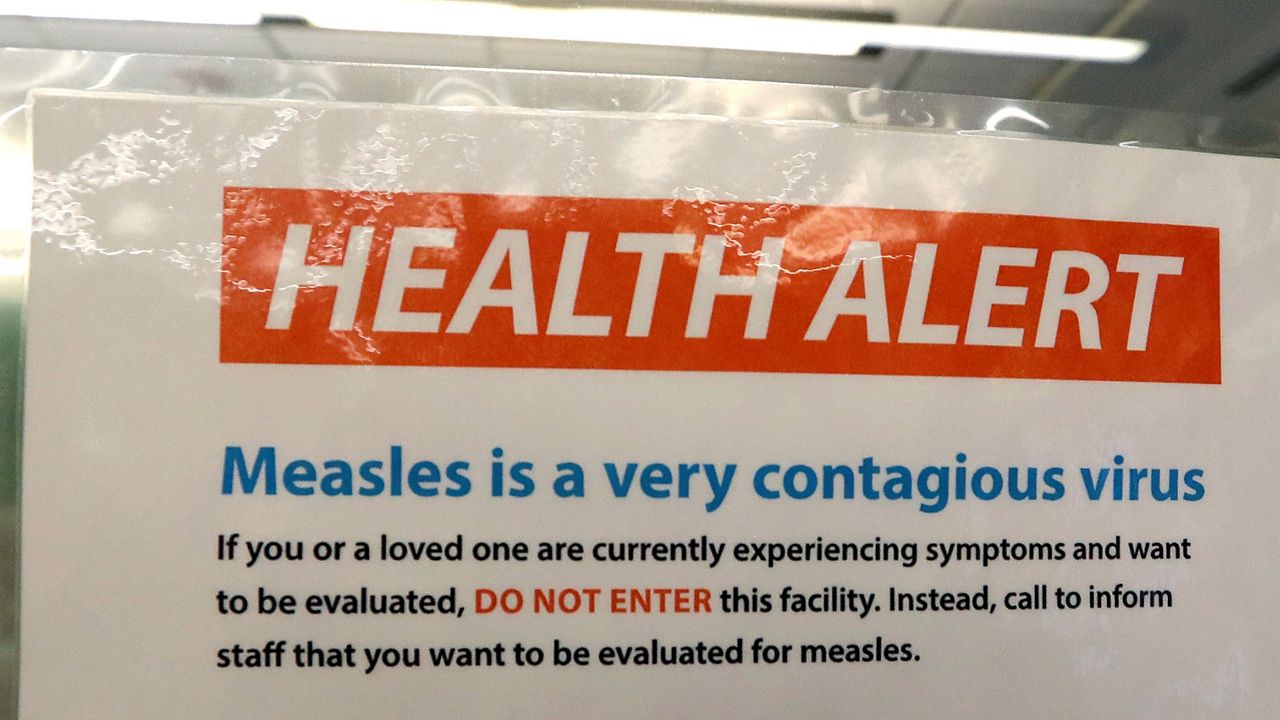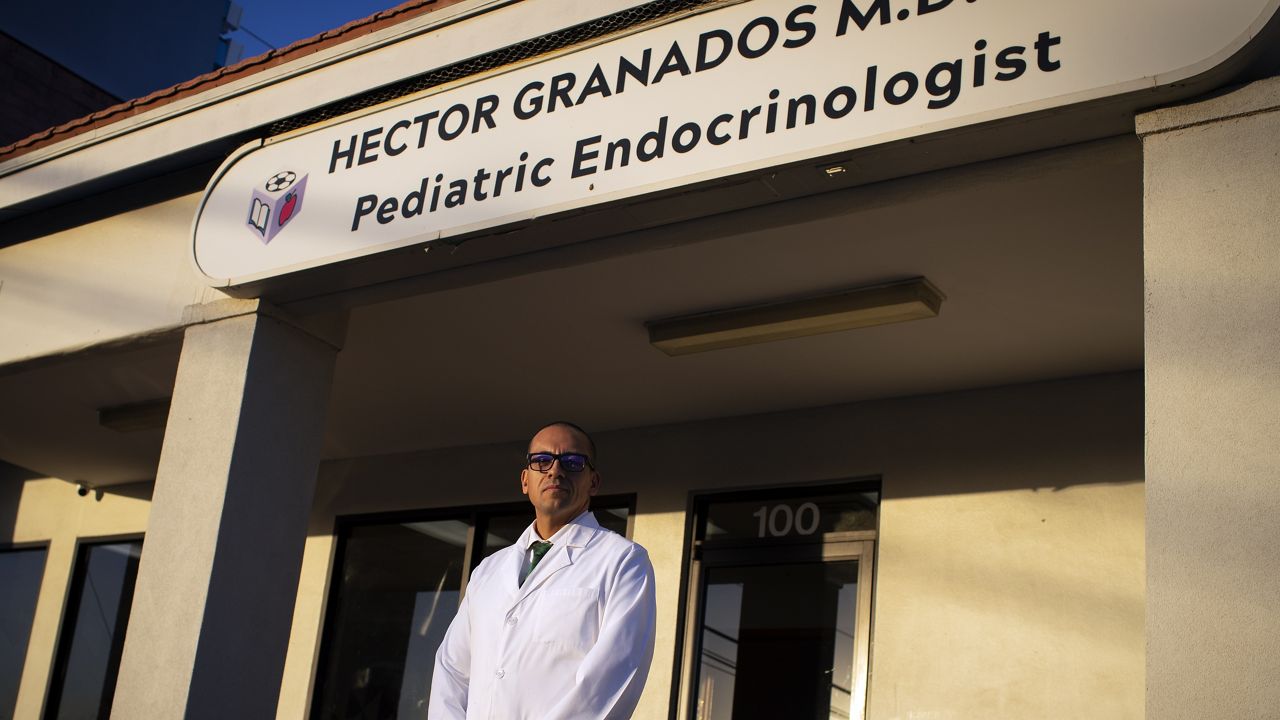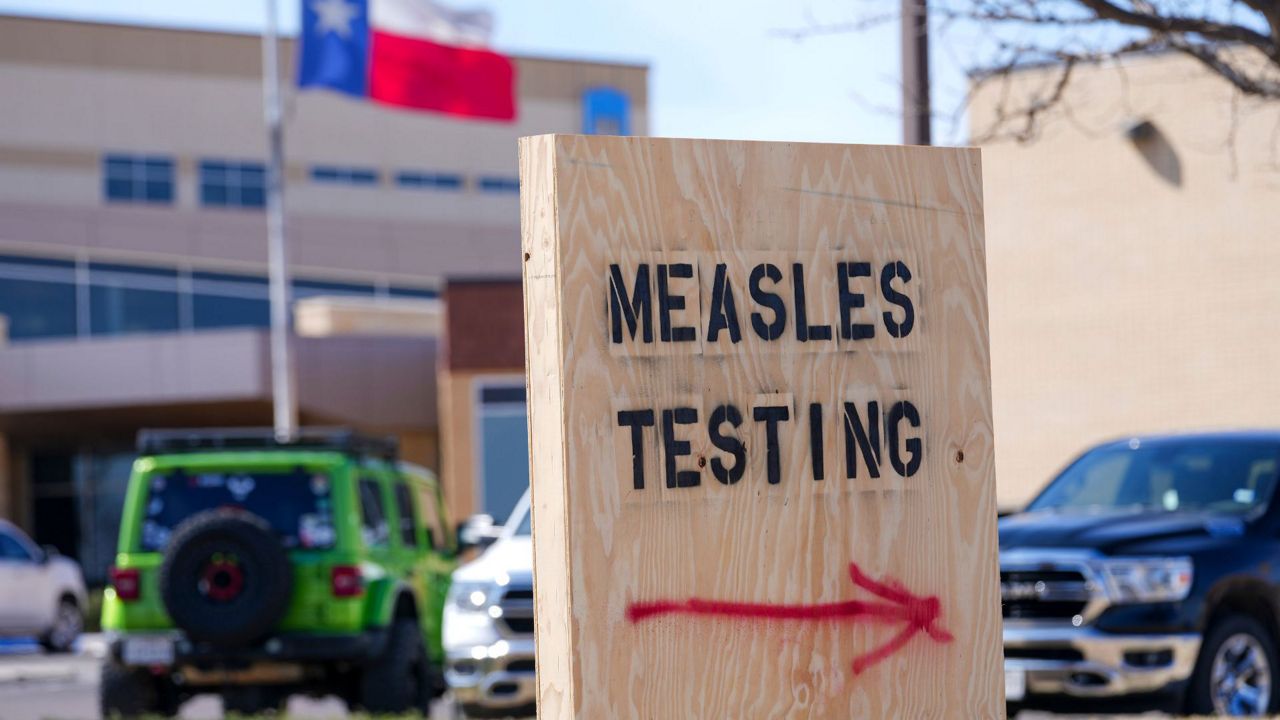AUSTIN, Texas — School vouchers have been a hot topic in Texas for years. And with the next legislative session just a few months away, some parents are pushing for the ability to use public money to send their kids to private schools.
This has now become a campaign issue in the governor’s race. At a recent rally in Texas, Gov. Greg Abbott posed near a woman holding a sign that read, “Parents Matter.” Earlier in the day, he told the crowd: “We need to restore parents as the rightful people in charge of making the decisions for their children about their health care and about their education.”
The governor is talking about school choice.
It’s the idea that parents should be able to choose how their children are educated and have the cost of a public school education follow them wherever they go.
Gov. Abbott’s democratic challenger, Beto O’Rourke, doesn’t believe in it. He has described school choice as a “ploy to funnel funds reserved for public education into private schools.”
In a statement to Spectrum News, a campaign spokesperson for O’Rourke said in part: “As governor, Beto will fully fund Texas’ public schools and fully support Texas students, parents and teachers after Abbott allowed them to be underpaid by an average of $7,500 a year.”
Randan Steinhauser, who has been a part of this fight for nearly a decade, said school choice isn’t about diverting money from public schools to private ones. She said a school choice policy could create a pathway for parents to access the money that would be used to educate their child at a public school through an educational savings account. Options could include private school, online learning, homeschooling, tutoring, or even therapy. She said this differs from a school voucher program, where state dollars would be used “for specifically just a private school.”
“We are not taking dollars from public schools. The dollars do not belong to the public schools,” Steinhauser said. “They belong to the families who are educating their children.”
Steinhauser homeschools four kids three days a week. The other two days, they go to a private Christian school. On homeschool days, she enjoys the extra time with her kids and the opportunity to help them learn. Steinhauser said concerns about school safety and curriculum have driven up interest in school choice.
“The energy is coming more from parents than ever before,” Steinhauser said. “This is not just a political stump speech to rally the troops. This is something that from across the state, from all backgrounds, parents are using their voice to say, ‘We see what’s happening in other states, or we see what’s happening in our neighborhood school. We want something different.’ And that energy, that real grassroots momentum, is what’s going to ultimately get this across the finish line.”
Even though parents can already opt-out of the public school system by enrolling their child in private school or choosing to homeschool, a formal school choice program would have to be passed by the legislature and signed into law.
“It would be administered and overseen by someone like the comptroller here in Texas,” Steinhauser said. “So there’s a lot of oversight with school choice programs. But the most important oversight at the end of the day is a parent who knows their child better than anyone.”
Dr. Hafedh Azaiez, the superintendent of Round Rock ISD, believes a school choice program would impact their funding and quality of education.
“We won’t be able to recruit and retain high-quality teachers and staff because we won’t have the funds really to compensate adequately, or provide resources for our students so they can be successful and they can have a world-class education,” Dr. Azaiez.
The superintendent said public schools in Texas are held accountable by receiving an A-through-F grade.
“Many other private schools and charter schools may not be necessarily held at the same accountability. And so I think that’s an also could be an issue, right? You are removing funds from school districts, and maybe providing those to other entities, and those entities are not be held to the same level of accountability,” Dr. Azaiez said.
He believes the Texas legislature should invest more money into the Texas public school system.
“Quality public education is important in any community, right? And it’s an equalizer, right?” Dr. Azaiez asked. “So really, if anything, we need to strengthen our public education, hold us accountable. As I said, there are already systems in place to hold school systems, school districts, accountable. Ask them to come up with other options and choices, right? But fund them also adequately so they can be able to do those kinds of things.”
David DeMatthews, a professor at the University of Texas at Austin, said school choice would hurt public schools like Round Rock ISD. In a recently published op-ed, DeMatthews wrote that Gov. Abbott is “advocating for a school voucher program in the name of school choice.”
“The general framing that this is about parent choice is very problematic. It’s not really about parent choice,” DeMatthews said. “If money comes out of the public school system, the public school system is going to be hurt.”
Texas is already experiencing issues with teacher retention. Before the school year began, there were hundreds of vacancies across the state.
“This is going to take more money out of that system at a time where teachers and administrators are working really hard to help students who have been impacted by the COVID-19 pandemic, kind of making up for lost time over the past two years,” DeMatthews said.
DeMatthews said school choice programs create inequities for students of color and low-income students.
“What we see in states like Arizona that recently expanded their voucher program is that it mostly benefits wealthy families,” DeMatthews said. “It allows them to have a credit for their private school tuition, and a lot of the low-income families that choice advocates who vouch for vouchers say it’s designed to help… it really doesn’t help those particular families.”
DeMatthews said another point of concern is how a school choice program would impact students with disabilities.
“Texas public schools have to meet the diverse needs of students with disabilities. They’re a federally protected group,” he said. “But private schools can discriminate against children with disabilities. They don’t have to provide quality services. There’s no accountability there. And so sending tax dollars into private schools–private schools that potentially could be religious schools–that also don’t meet the needs of students with disabilities, that’s very, very problematic. So now you’re creating two different systems: One where wealthier students are able to go to private schools, and one where the public schools are educating a higher proportion of students with disabilities as students would exit. So it creates a really inequitable system. It doesn’t really create choice.”
School choice advocates argue that no student should have to go to a failing school. But DeMatthews that some schools are struggling because of historic challenges within the Texas public school system.
“It’s very rare that there’s any finding whatsoever that supports the fact that vouchers actually increase student achievement. And so you have to kind of scratch your head a little bit and ask, ‘Why would policymakers be entertaining a failed policy that doesn’t improve student achievement, and takes away money from the public schools?’” DeMatthews asked. “The way that public schools improve is by sustained long-term investments, both in school budgets and in teacher professional development.”
Steinhauser said sometimes traditional schooling isn’t right for every kid, even when the campus is great.
“Parents are more plugged in than they’ve ever been in their kids’ education and are recognizing that their neighborhood school may not be the right fit even if it’s an amazing ISD,” Steinhauser said. “Even the best school is not the right fit for every child, and no one knows their child better than a parent.”
The next legislative session begins in January. Steinhauser hopes lawmakers will support a school choice policy, while DeMatthews believes there should be an investment in the teacher workforce and salary raises.
Texans have less than a week left to register to vote. Election Day is Nov. 8.









